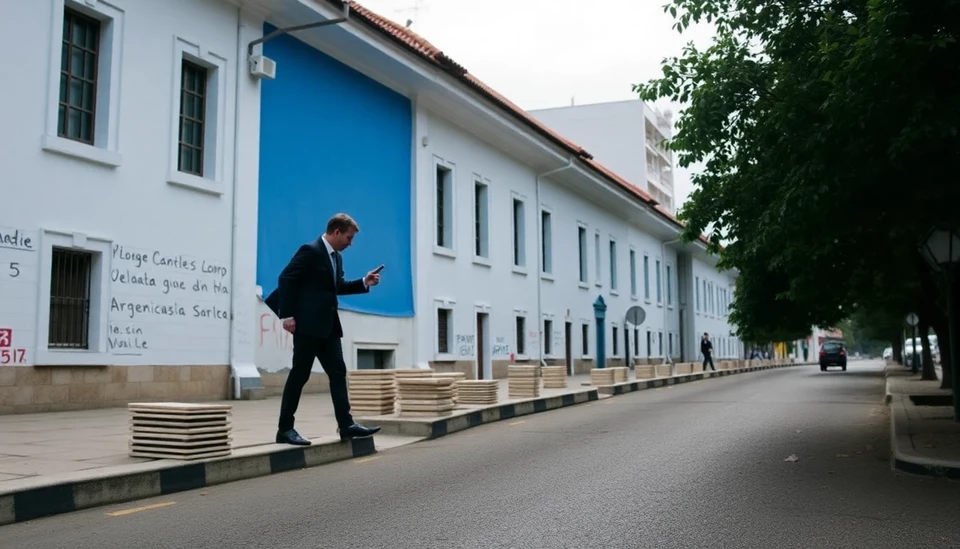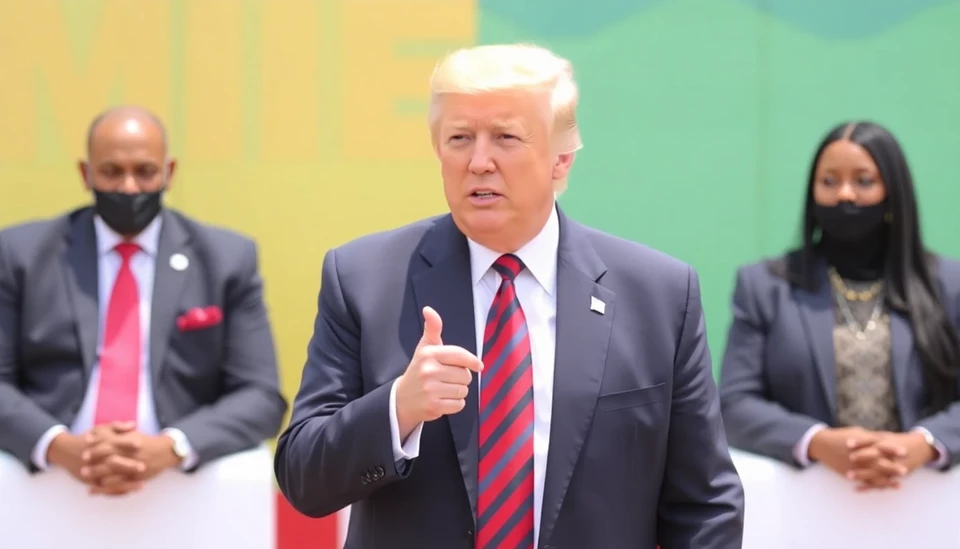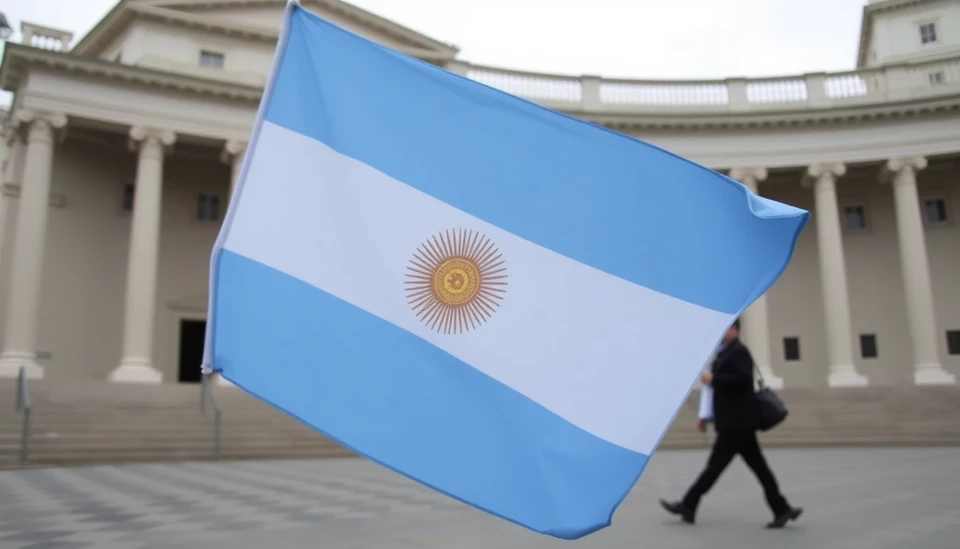
In a significant turn of events, Argentina's newly elected President Javier Milei has initiated measures aimed at expediting the implementation of his controversial dollarization strategy. This bold approach comes as a response to the country’s dire economic circumstances, characterized by soaring inflation rates and a lack of confidence in the national currency, the peso.
Milei, a right-wing libertarian, has long championed the complete dollarization of Argentina’s economy as a remedy to stabilize the financial chaos that has plagued the nation. His administration views this as a crucial step to restore faith among investors and citizens alike, many of whom have witnessed their savings eroded by rapid inflation and aggressive currency devaluation.
This week, the government made headlines by unveiling a package of economic reforms designed to facilitate the transition to a dollar-based economy more efficiently. The measures include potential timelines for removing the peso from circulation and transitioning everyday transactions to be conducted in US dollars. This move has garnered a mix of enthusiasm and skepticism from economists and the public.
One of the most pressing challenges facing Milei’s regime is public acceptance of such radical changes. Argentina’s history is marked by economic turmoil, and many citizens are wary of the implications of fully adopting the US dollar. However, during a recent press conference, Milei reassured the public, stating, “We are on the path to stability. Dollarization will protect the purchasing power of our citizens and attract much-needed investment.”
The government is preparing informational campaigns aimed at educating citizens about the benefits of dollarization, focusing on how it can yield economic predictability and lower inflation rates. In addition, the administration is expected to collaborate closely with financial institutions to ease the transition for businesses and consumers, ensuring that services and payments can seamlessly shift to the new system.
While proponents of the plan tout it as a necessary shock therapy for Argentina's economy, critics raise concerns about the potential loss of monetary policy autonomy. Experts warn that dollarization could restrict the government’s ability to respond to localized economic crises, leaving it vulnerable to external economic fluctuations dictated by the US Federal Reserve.
Despite the apprehensions, Milei’s administration is pressing forward, with early indications suggesting growing support for the plan among certain sectors of the business community. Investors hope that a swift transition to dollarization could stabilize inflation and create a more favorable environment for economic growth in the long run.
As this transformative moment unfolds in Argentina, the international community watches closely. The outcomes of this economic strategy could set precedents not just for Argentina but potentially for other nations grappling with similar economic woes. The boldness of Milei's policies may either pave the way for national recovery or plunge the country deeper into uncertainty.
In conclusion, the road to dollarization remains fraught with complexities and challenges. However, with decisive leadership and a commitment to radical reform, Argentina is on a path that could redefine its economic landscape for years to come.
#Argentina #Dollarization #Milei #EconomicReform #Inflation #Finance
Author: Daniel Foster




